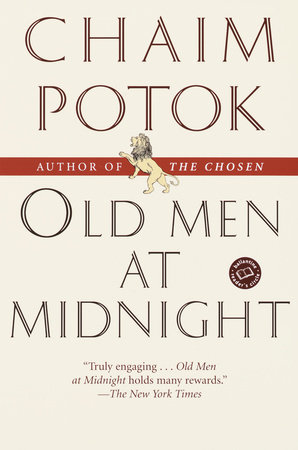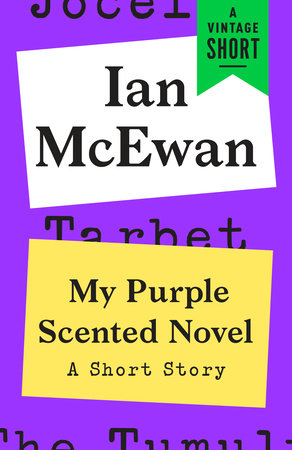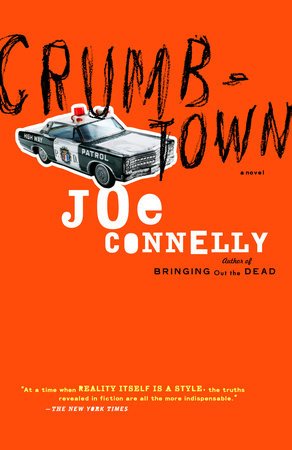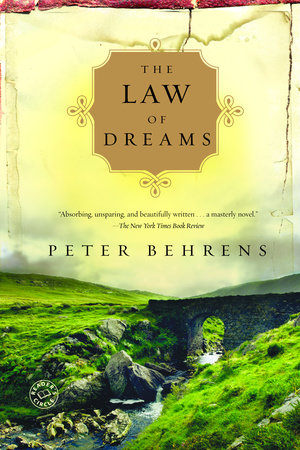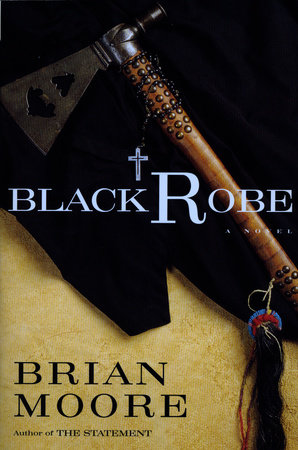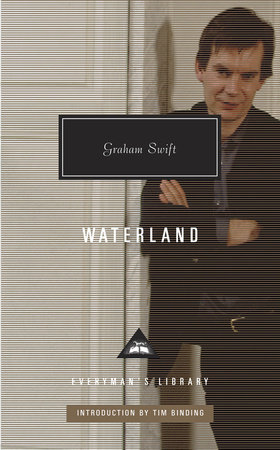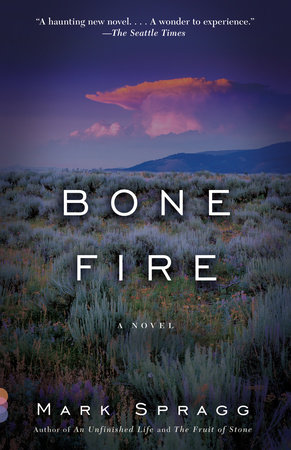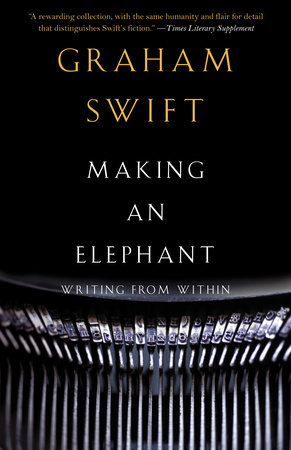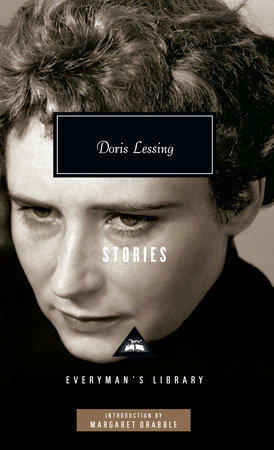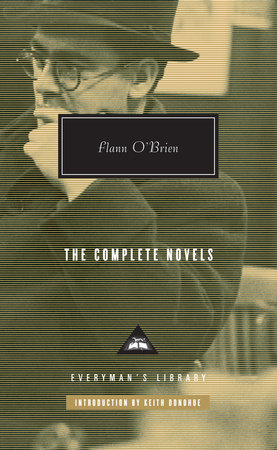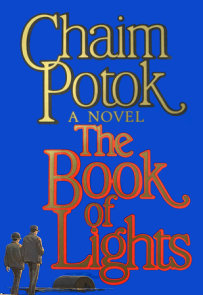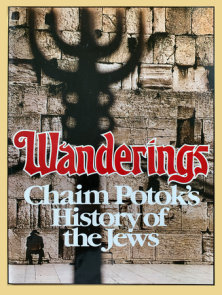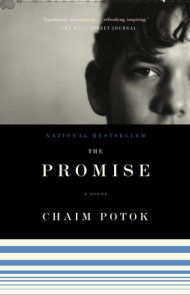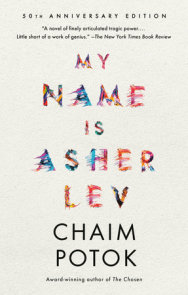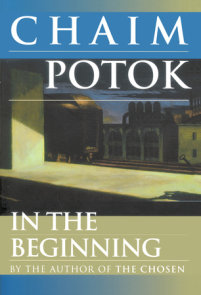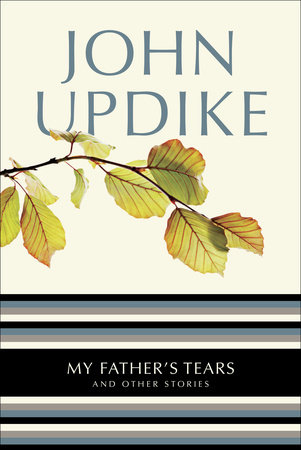Author Q&A
A Conversation with Chaim Potok
Daniel Walden, Professor Emeritus of American Studies, English, and Comparative Literature, has taught "Jewish Lit-erature," "Literature and the Holocaust," and "Women Writ-ing the Holocaust" for many years at Penn State University. Author of On Being Jewish (1974), Walden has also published Twentieth Century American Jewish Fiction Writer (1984) and Conversations with Chaim Potok (2001), and is the longtime editor of "Studies in American Jewish Literature." In assembling this conversation, Daniel Walden has drawn on other conversations with Chaim Potok conducted by Harold Ribalow, S. Lillian Kremer, Marcia Zoslaw Siegel, and Michael J. Cusick. These conversations are published in Conversations with Chaim Potok, edited by Daniel Walden (University Press of Mississippi, 2001).
Daniel Walden: Although you have written, in Wanderings, that the Korean war was a crucial experience for you, you’ve also written that "the Jew sees all his contemporary history through the ocean of blood that is the Holocaust." When did you begin to think that you could use the Holocaust as a subject in fiction?
Chaim Potok: I began to think of the Holocaust as a subject in the late 1940s, that early. It was prevalent in my family. There were a lot of people who died in the Holocaust in my family.
During the Great Depression there was a period when we were on welfare. My father had been quite wealthy in the 1920s–he had been in real estate before the crash– and he spent the next decade rebuilding his life–by opening a jewelry and watch repair store in those days.
You had Father Coughlin from Detroit yelling anti-Semitic diatribes at you from the radio on Sunday afternoons. Did I listen to him? Absolutely! You wanted to know what the enemy was saying so you could respond. And if you didn’t listen, the anti-Semitic neighbors would turn up their radios so you would hear him when you walked down the street.
And then, of course, there was the ranting and raving of Hitler, which I would get on the radio–with a lot of static–from time to time.
I wanted to milk everything for what it was worth, because you never knew if there would be another minute.
I still remember the day my father received a letter from Europe telling me that not one relative had survived. He sat down and told my mother, and she just fell to pieces. She kept saying, ‘Nobody? Nobody? I can’t believe nobody.’ "
Once I talked about the Holocaust with my father. He told me that we had lost 103 aunts, uncles, second cousins, whole families. Then he turned away.
DW: In The Chosen, the Holocaust was in the background. In The Promise and in In the Beginning, it became more and then more prominent. Was this accidental or deliberately done? Was this due to a change in circumstances around you, in your thinking?
CP: Yes it began with The Chosen, but really, the real lollapalooza was The Promise, with Reb Kalman. It came out of the material and it came out of the character, simultaneously.
Yes, I think that the whole people feels that and probably the American Jew feels it in a special way; he is quite guilt-ridden in all probability. For whatever reason, he never did enough at a crucial point in time by way of an effort to get the thing stopped, or to protest it. Wrong or right, spoken or unspoken, that is the general feeling. And that sense of guilt is triggered from time to time, especially when Israel is involved in a war, and you get that extraordinary reaction on the part of the American Jewish public in defense of that country. A good deal of that reaction comes from a sense of the guilt we all have regarding the Holocaust. I don’t see how it is possible to think the world through Jewish eyes without having the blood-screen of the Holocaust in front of your eyes as part of the filtering. I’ll go even further and say that for thinking people, Jew or non-Jew, I don’t think it is possible to think the world anymore in this century without thinking Holocaust.
DW: In an interview with Lillian Kremer, in 1981, you said that you were "very hesitant to write a novel about the Holocaust because I don’t know how to handle the material." When did you begin to feel confident about handling the material, about writing stories or novellas?
CP: I still can’t really handle the material. I feel unnerved by all the material and I don’t know how a Jew can really handle it. I wasn’t involved with it in terms of my own flesh, although we lost the whole European branch of the family. I don’t know whether or not I can write a Holocaust novel. I don’t know whether I can get the distance needed to handle it aesthetically. It seems to me to be so anaesthetic an experience that I don’t quite know what thread of it to grab hold of so that I could weave it into some sort of aesthetics.
DW: In Davita’s Harp, you wrote about a young girl clearly identified, as you’ve said, with your wife. In Old Men at Midnight is Ilana Davita Chandal a continuation or outgrowth of that Davita? Is she a new creation? A fusion?
CP: A harp is a bunch of strings, and it is nothing unless someone is playing it. It is the melody of the harp that is the mystery. Sometimes if you leave a harp out in a strong wind, the wind will make the melody.
In Jerusalem somewhere, there is a harp that is a sculpture which reacts to winds. The harp is physical, even though we can’t see its music. The music–what’s the music? The music is the relationship between the harp and the wind. The writing is the relationship between the writer and the piece of paper. Worship is the relationship between the worshiper and the text.
Davita’s Harp was in part based on the experiences of my wife. Davita, in Old Men at Midnight, is a continuation, and I hope to continue with her. But she is going her own way now.
DW: Old Men at Midnight is on one level a series of three novellas about the tensions Jews faced in their transition from a war-torn Europe and an emerging American society. Is this a new way of viewing your longtime interest in a core-to-core cultural confrontation?
CP: Absolutely, it is fundamental to that core-to-core cultural confrontation. I will decide, or rather people will decide whether I subscribe to that core or fall by the wayside. I don’t know yet. But I intend to be more specific.
I think I have inadvertently stumbled across a cultural dynamic that I didn’t quite see clearly myself until sometime toward the end of the writing of The Chosen. I think what I am really writing about is culture war. The over-arching culture in which we all live is the culture we call Western secular humanism, the culture that Peter Gay of Columbia University calls modern paganism. Within this culture there is a whole spectrum of subcultures. The basic characteristic of the over-arching culture is what I call the open-ended hypothesis; that is to say, nothing is absolute in any kind of permanent way. A model is a shifting or temporary absolute on the assumption that additional data will be discovered that will impinge upon a given model. That model must be altered. So there is a constant search for new knowledge that is built into the civilization that we live in, this overarching civilization. But embedded inside this civilization we have a whole series of cultures which come into this world with givens, with models that are fixed absolutes. If they are alterable, they are alterable only under inordinate pressure. What happens is that these subcultures clash in a variety of ways with the overarching culture, as somebody from this subculture grows up and encounters ele-ments from the outside model.
DW: Perhaps I missed this but I think "The Ark Builder" and "The War Doctor" were written in the last decade, after "The Trope Teacher," which was published first in 1992, in Holland, then it was published in the TriQuarterly in 1997-98. Can you explain the way or ways in which these came about?
CP: Yes you are correct. I wrote "The Trope Teacher" first. The other two represented a prequel to the first. I worked backward. "The Trope Teacher" by the way, came out of nothing. I created it out of nothing. It had no relation to a previous work.
In "The Arc Builder" the drawings and the art and the architecture are concerned with the traditional artists, that is, the people who have significantly cut across lines. Stremin, in "The Arc Builder," had nothing and might now have something, a memory of the "old world."
DW: Why is it Rachel, the younger sister, who succeeds in drawing Noah Stremin out? Or was it the primate house’s smells? In "The War Doctor" did the story come out of your previous book on the Soviet Union? When you wrote "Without stories there is nothing," the doctor sent her stories. Then she asked "Are you a religious Jew?" Explain.
CP: In fact Davita had too many things attached to the "old world," so it had to be Rachel who would draw Stremin out. The primate house’s primary smells reminded him of the concentration camp. Beside them everything else was blurred. In "The War Doctor" Shertov came out of nothing, he was an invented character. As for the question, "Are you a religious Jew?" It was meant to catch you up. It is important to remember that he could not save him. He could not worry about it because so much time had elapsed and in those days, in Soviet Russia you didn’t care about the consequences.
DW: In general, your writing has invoked the redemptive voice, it has stood for restoration, for regenerating Judaism and the Jewish people. Is that view consistent with your belief, with Emil Fackenheim, that the alternative to Jewish commitment is to say that Hitler succeeded, that everybody died for nothing?"
CP: Yes indeed. Fackenheim successfully had the Jew take two alternatives: either take the redemptive step, or take the non-redemptive step. That doesn’t mean, of course, you have to take the religious stance, but it would be a normal and ethical stance.
Yes, that uncertainty comes from the suffering that he has experienced and leads, in turn, to his certainty. He says to himself, I cannot have gone through what I went through and have lost what I lost if it’s all meaningless. Therefore, the very experience serves to reinforce his commitment to the past. The alternative is to say that Hitler succeeded, that everybody really died for nothing. That reinforces his certainty. At the same time, he has lost his whole world. He is in a strange, bewildering world here. He is listening to the music of that past world. And somehow he manages to find it.
DW: Some critics have written that they don’t admire your so-called simple style. You have contended that your writing is a result of much rewriting and much revision and is deliberate.
CP: The style is simplicity for the sake of complexity. Whoever feels that it is a "simple style" has to look into it and find the right way. Of course the style has become over the years much more complex and much more simple.
Two fundamental things about the novel continue to intrigue me and I think this is our gift to ourselves as far as this form is concerned. One is the handling of character, people. No other form can handle people in significant depth over long periods of time. No other form can move back and forth, in and out, nothing can move the way the novel can in terms of the dimension of time. People and time are what I think the novel is really all about and I think they are limitless.
